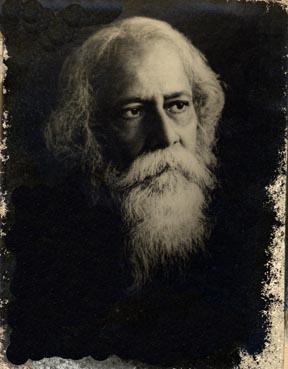A couple of months back, my niece turned 5 and demanded a
“Barbie that can be dressed up” for a gift. The maasi that I am, the temptation
to buy her her first Enid Blyton was too
strong, so I just added the toy on top of that. The cab ride to her place was a
long one and I couldn’t resist revisiting Amelia Jane and her naughty tricks
while the driver made his way through Mumbai’s ever-present traffic snarl.
I can talk to you
about Enid Blyton and her work at any time and without much provocation, but I
was recently reminded of those little books through a very different experience.
Here’s
what happened:
I happened to attend
a class for first aid training—basic stuff like how to help someone who is
choking, how to give CPR and tie up wounds till help arrives—with a bunch of
other people. It is all work related, so I will steer clear of details. Let it
suffice to say unlike most training sessions I’ve attended, this one was very
informative and the instructors—ex military men from Australia—were super
efficient.
The trainers told us that they usually take four or five
days to teach the course we were supposed to cover in two days. So, we were asked to stick to our schedules
to help them teach us as much as possible.
There were about ten people in each batch and my group had men and women
from various parts of the country, with work experiences ranging from 5 to 35
years.
And what would you expect from a room full of grownups
learning about useful things like how to potentially save a life? Discipline and decorum, yes?
Hah. Think again.
So here we were, learning about important (at least I think so)
things like how to save a life if there is an accident. Imagine my surprise
when as the trainer was demonstrating how to tend to a fatally bleeding wound, the volunteer , a fully grown man with a
daughter in her late teens, suddenly looked up and told his friend—“take a
picture, na!”
Of course, I was not the only person who was surprised but
the thing is, we were in the minority. Most people in the room thought that was
perfectly normal behavior, to interrupt a session mid way and distract an entire room because
you want to take a picture of yourself in a splint.
In Enid Blyton’s world,
that would be enough to make you a social pariah, where your friends would
force you to apologize for such behavior.
The session progressed and we were given our first break. 5
minutes. Only, by the time everyone returned to their seats, it was 10. This
went on till the trainers had to threaten to time us. More surprise, that two men had to use headmaster quality tone to teach a
room full of adults about sticking to time did not bother anyone at all, much
less embarrass them.
Then there were innumerable instances where people had to basically
be asked to shut up, because they would not know the difference between asking
a question and making strange, irrelevant statements. And oh, the umbrage at being given a lunch
break at 12, because “we are not hungry now!”
Never mind that your trainers, being from Australia, might not know you
are used to lunching at 2 and never mind that even if you don’t eat at 12
everyday, surely you can make an exception for once?
The trainers finally came up to me, bewildered, and asked “seriously,
all this confusion over what time to break for lunch?”
I would laugh if it was not so sad, really.
This in a room full of grownups, who otherwise would claim
to be decent, well educated men and women. I have always maintained that we as
a people are a bunch of noisy, ill mannered idiots who have very very little sense of
propriety.
I have seen that at traffic signals where people roll down windows and throw their trash out pat in the middle of the road and at weddings where people
push, shove and nudge like barbarians, all because they want the good piece of
meat.
I have fought with friends who have taken offence at my
saying so and I will be glad to be proven wrong.
Till then, I have that training room to tell me I am not. Wonder
what Enid Blyton would say.
